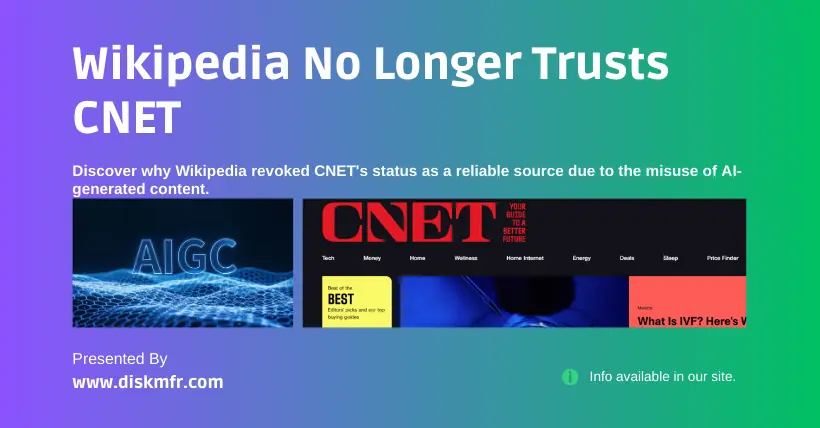Over the past two years, with the sudden emergence and astounding success of ChatGPT, global tech giants have quickly followed suit, launching their own various generative AI applications, such as Wenxin Yiyan and Dou Bao, among others.
These applications are mostly used to respond to users’ text queries and generate textual content as answers, but they can also be utilized to create other types of works, such as music, videos (e.g., Jianying, Sora), and image paintings (e.g., Stable Diffusion, Midjourney).

Works created using artificial intelligence are collectively referred to as “AIGC,” which stands for “Artificial Intelligence Generated Content.” For content creators, this is certainly a good thing, as it can greatly enhance their productivity. However, for platform operators, this might not necessarily be the case.
Not every creator possesses high professional ethics and will use artificial intelligence in a completely reasonable and compliant manner. A small fraction of creators might misuse AI to produce content en masse that is false, infringing, or even illegal, misleading readers and negatively impacting the reputation of the platform operators.

In this context, content platform operators face a dilemma: how to view works created using artificial intelligence? Whether to recognize them or not?
Currently, domestic platforms in China have diverse opinions, which can be broadly categorized into three attitudes:
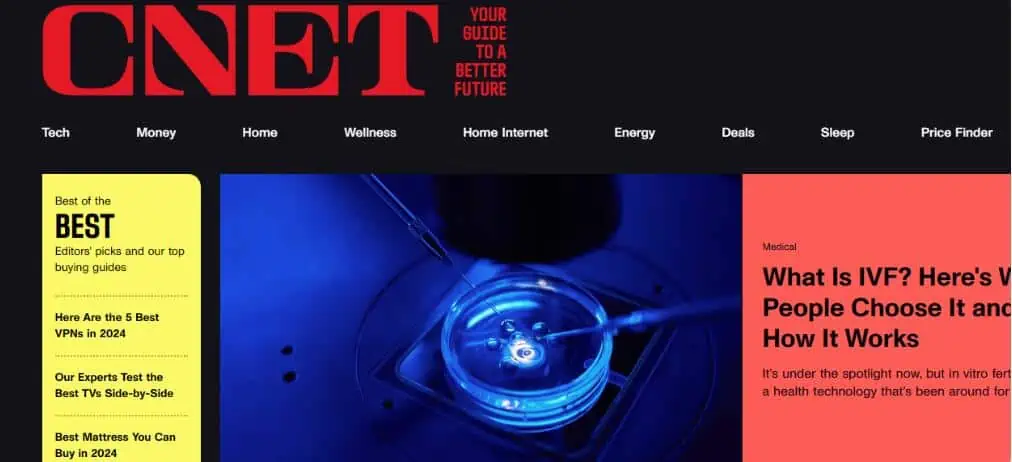
- A positive attitude, encouraging creators to use AI but requiring them to clearly and strictly declare “created with AI.”
- A neutral stance, neither supporting nor banning, but requiring creators to declare “created with AI.”
- A firm stance against the use of AI in creation, deeming it a violation of rules and not recognizing such works as “original.” The consequences can range from point deductions to account suspension.
Now, let’s introduce two well-known foreign online media outlets: CNET and Wikipedia.
CNET is a globally top-tier IT technology media outlet founded in 1994 and enjoys a high reputation worldwide. Wikipedia needs no introduction; it’s a free, open encyclopedia website where any organization or individual can participate in writing and editing, including CNET.
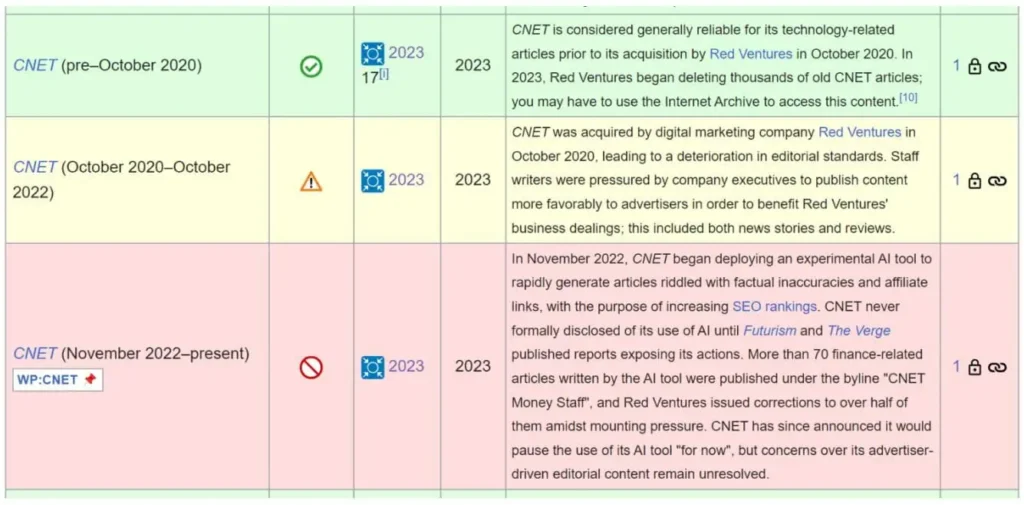
Years ago, the collaboration between the two was harmonious. However, in recent years, their relationship has deteriorated due to Wikipedia’s discovery that CNET extensively used AI-generated content, which Wikipedia firmly opposes.
In October 2020, Red Ventures acquired CNET. In November 2023, CNET began publishing a large amount of AI-generated content, prompting Wikipedia to increase its penalties against CNET, removing it from Wikipedia’s list of reliable sources and sharply criticizing it.
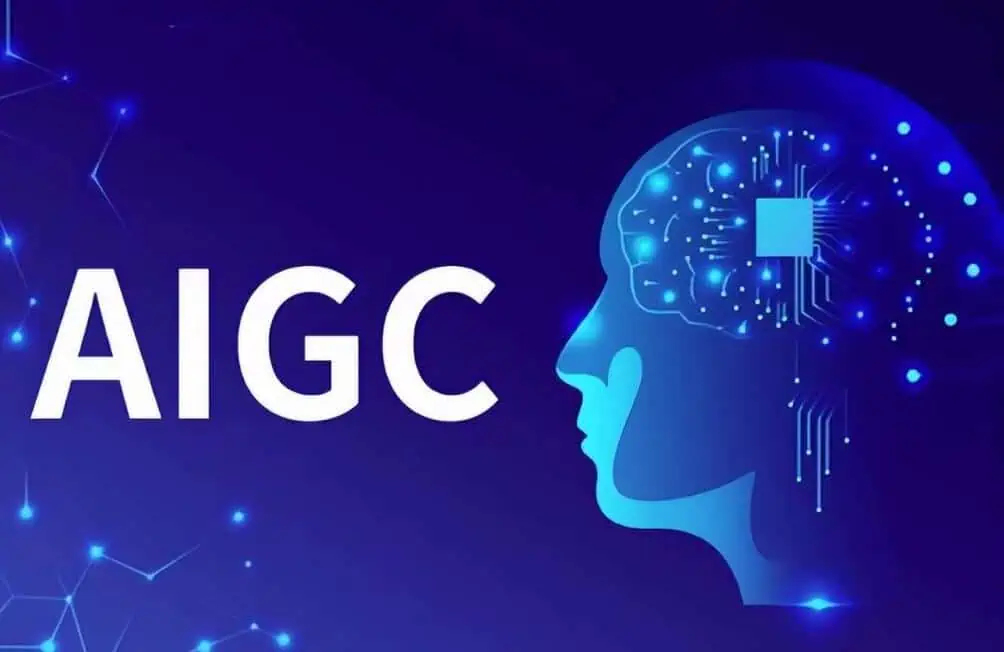
This was a significant blow to CNET, which had a stellar reputation in the industry. Before this, CNET and Wikipedia had exchanged and debated, with Wikipedia taking a very firm stance.
Although Wikipedia’s mission is to be a free encyclopedia that anyone can edit, it has strict principles and standards for editing entries, requiring any added content to cite its sources, which must undergo rigorous review.
This ensures the objectivity, accuracy, and seriousness of the entries to the greatest extent, earning Wikipedia a good reputation within the industry and making it a valuable third-party source of information for readers.
Conversely, if Wikipedia were filled with a large amount of AI-generated content, it would be challenging to guarantee the objectivity, accuracy, and seriousness of the content, severely affecting its reputation. Therefore, this decision was made.
Currently, CNET has not formally responded to this issue, which is highly worth following. Will Wikipedia change its stance? Will it revoke the decision to remove CNET from its list of reliable sources, or will it continue its current practice? The outcome will be a significant indicator.
From a broader perspective, this issue is not just between Wikipedia and CNET. All global content creators and platform operators need to seriously consider how to establish a new set of rules that are acceptable to readers, creators, and platforms.
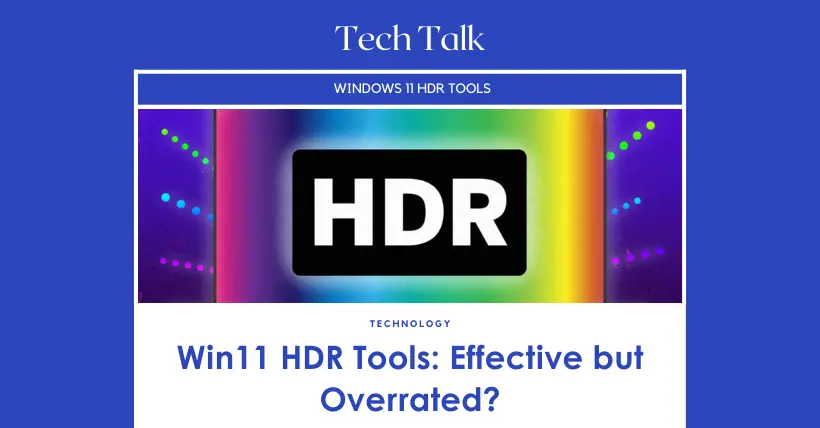

Disclaimer: This article is created by the original author. The content of the article represents their personal opinions. Our reposting is for sharing and discussion purposes only and does not imply our endorsement or agreement. If you have any objections, please contact us through the provided channels.

